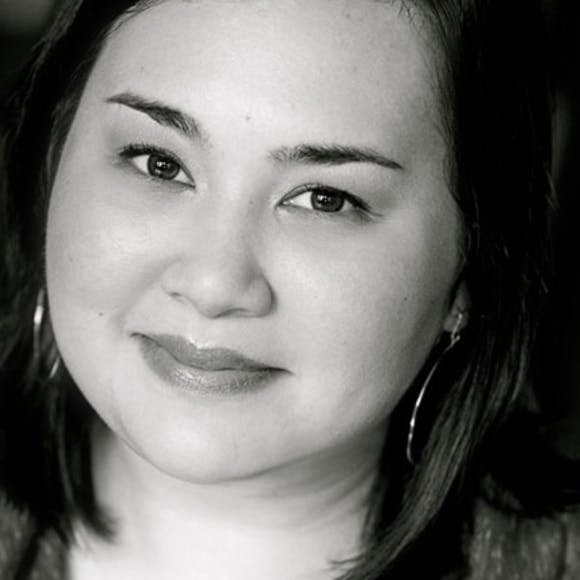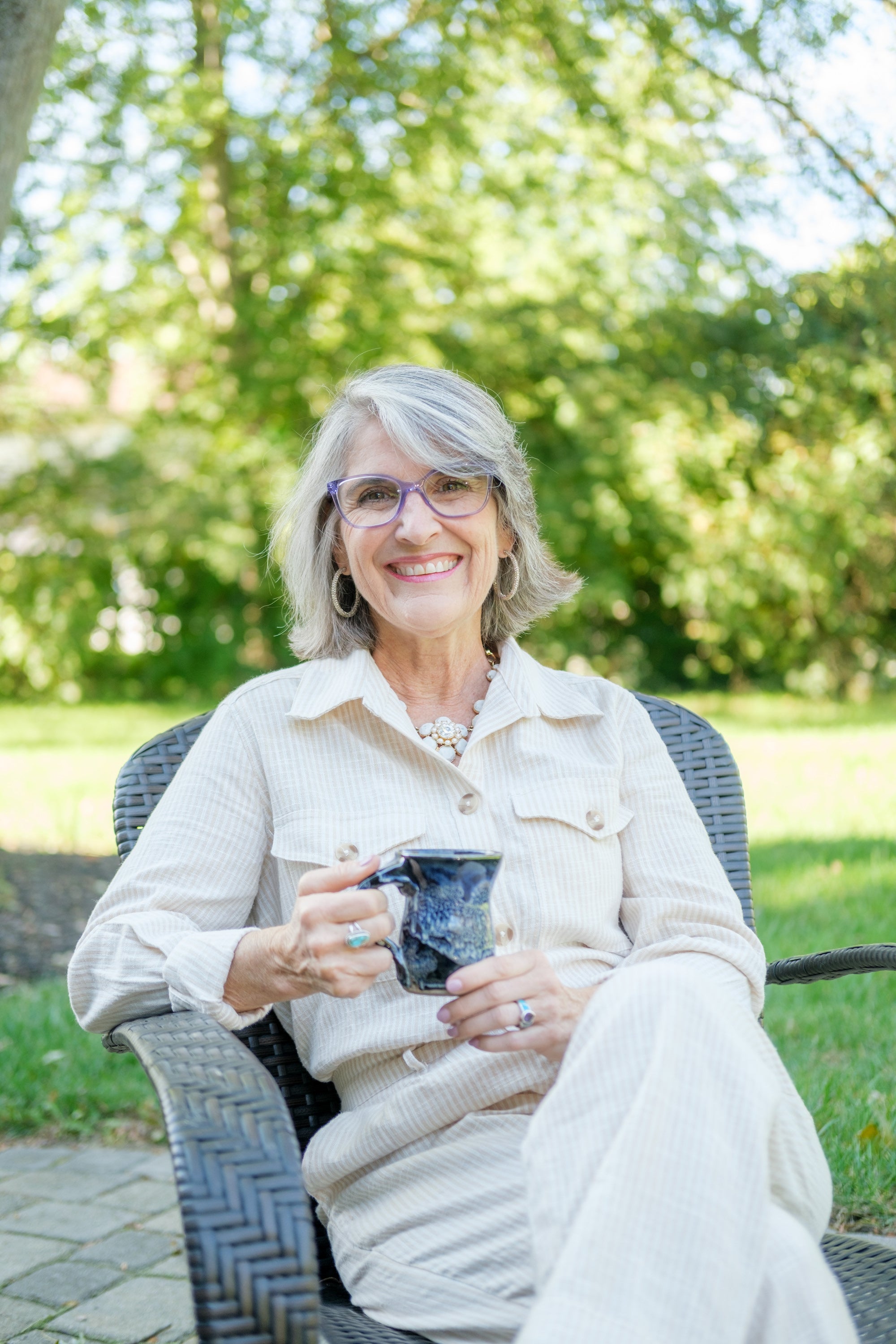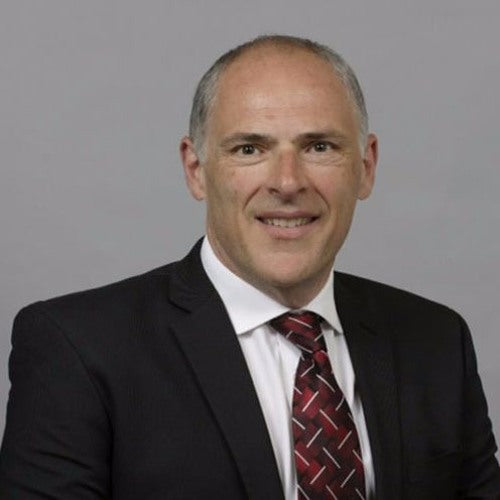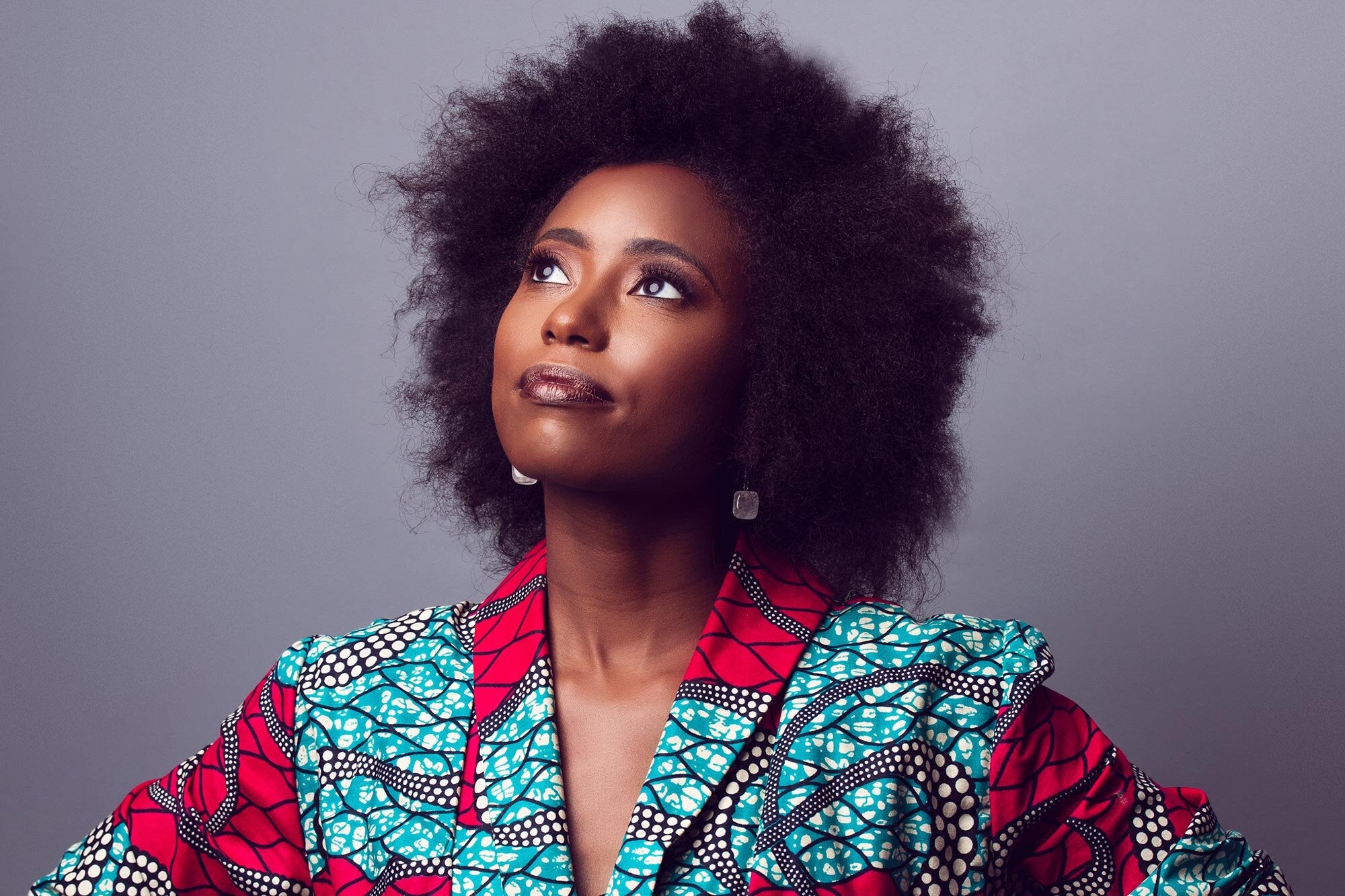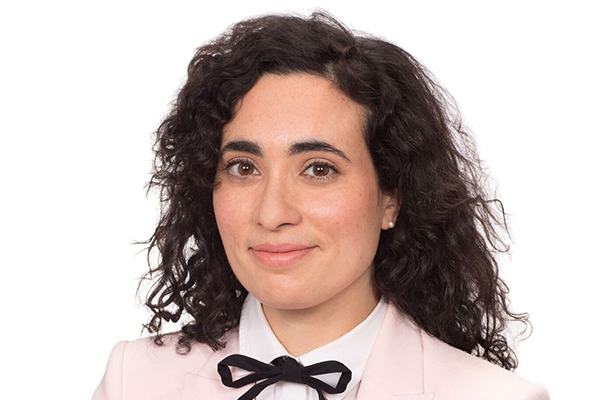
Author: Morgan Rogers
Author Bio:
1. Your novel “Honey Girl” is one of the top selling books on the planet, have you had a “pinch-me” moment yet? And if so, what was it?
I don’t know about top-selling, but HONEY GIRL has done really well. I’m very happy with its impact and how it has and continues to reach its audience. I think a “pinch-me” moment for me was the audiobook. Hearing my words through the melodic and pitch-perfect voice of York Whitaker brought the book to life in ways I hadn’t imagined. It turns HONEY GIRL into an experience. That’s been one of my favorite things thus far.
2. Talk a little bit about the creative process for “Honey Girl” and what sparked the book’s story?
I come from a fandom where tropes run wild. Married in Vegas is one of my favorite tropes, and at the beginning, I really just wanted to make that trope gay as well. I was writing every day to meet a minimum word goal and writing with friends to make the process less isolating. The story unfolded as I wrote, and I’m pretty satisfied with the results.
3. The story follows the events and life experience of ‘Grace Porter’ as she attempts to figure out her life post-school. Upon your completion of school, did you go through any similar emotions and social anxieties as Grace?
I didn’t go through the exact things as Grace, mostly because I don’t have a doctorate. But I did have that panic of trying to find a job and be “productive” which…well, I feel like I tackle that in the book.
4. What did you love most about writing “Honey Girl”?
Definitely the text messages and Yuki’s radio show. Those allowed me to be the most creative. The text messages let me be funny and the radio show let me be weird and abstract and deeply curious about the world and the stories that have been passed down about it. I think the Yamauba were particularly fascinating to research and write about.
5. Overall, what do you hope readers get from this book?
That you’re not alone. That the most marginalized among us get relegated to the corners and shadows and darkness, and the teeth and claws and weapons we develop as a result are not a bad thing. That success is deeply personal and should never be at the expense of oneself. That unconditional love is life’s most wondrous gift, or something less corny than that.
6. You have been praised for your writing style and your way with words in this book, when did you first fall in love with storytelling and writing?
I’ve been writing for as long as I’ve known how to hold a pen. I read fervently as a child, and I suppose that nurtured a very active imagination. I would write on my mom’s legal pads, and I would staple paper together to make picture books. I can’t remember a time when I wasn’t doing this in some capacity.
7. “Honey Girl” does a great job of taking the old adage “What happens in Vegas stays in Vegas,” to the next level. Ultimately, what did Grace take from Vegas and what did she leave in Vegas?
Grace took a lightness from Vegas that she hadn’t possessed before. She took a ring, a photograph, and a note. She took memories of laughter. She took dried flower petals in her hair. Mostly she took the knowledge that she chose this: Yuki, and the chapel, and their marriage. Grace chose that, and there is immense power in choices.
She left in Vegas the last remnants of her perfectly crafted plan, blown to pieces.
8. If there is one emotion that could sum up “Honey Girl” what would it be?
Melancholy?
9. What is the toughest emotion to write about?
Anxiety, because it manifests in so many different ways.
10. What does your ideal writing environment look like?
I don’t know that I have one. What I need in order to create has changed so much over the course of this pandemic. I think the most important thing is an environment that’s comfortable. One that makes writing feels like somewhat of an adventure rather than a daunting task. Most importantly, there must be music.
11. Why do you feel it is important for authors, including yourself, to tell the stories, particularly love stories, of people within the LGBTQ+ community?
Because they’re our stories.
12. What’s your best advice for getting over writer’s block?
I don’t believe in getting over writer’s block, honestly. It either means the story isn’t ready to be told or you’re not ready to tell the story. In both cases, I suggest stepping away and taking a break. I don’t think writers enjoy breaks often enough. My best advice for writing in general is to take a break.
13. What’s the best book you have read this year so far?
This Close to Okay by Leesa Cross-Smith.
14. What’s the best advice you have ever received on happiness?
Don’t let anybody rob you of yours. Don’t stand in the way of anyone else’s.
15. Do you plan on writing more books in the future?
I wrote and deleted so many things for this. Short answer: if the universe wills it. So, yes.
Places To Find More From This Author:
Twitter: @garnetmorgue
Instagram: @garnetmorgue
Website: www.morgwrites.com
Get Your Copy of Honey Girl Today!


